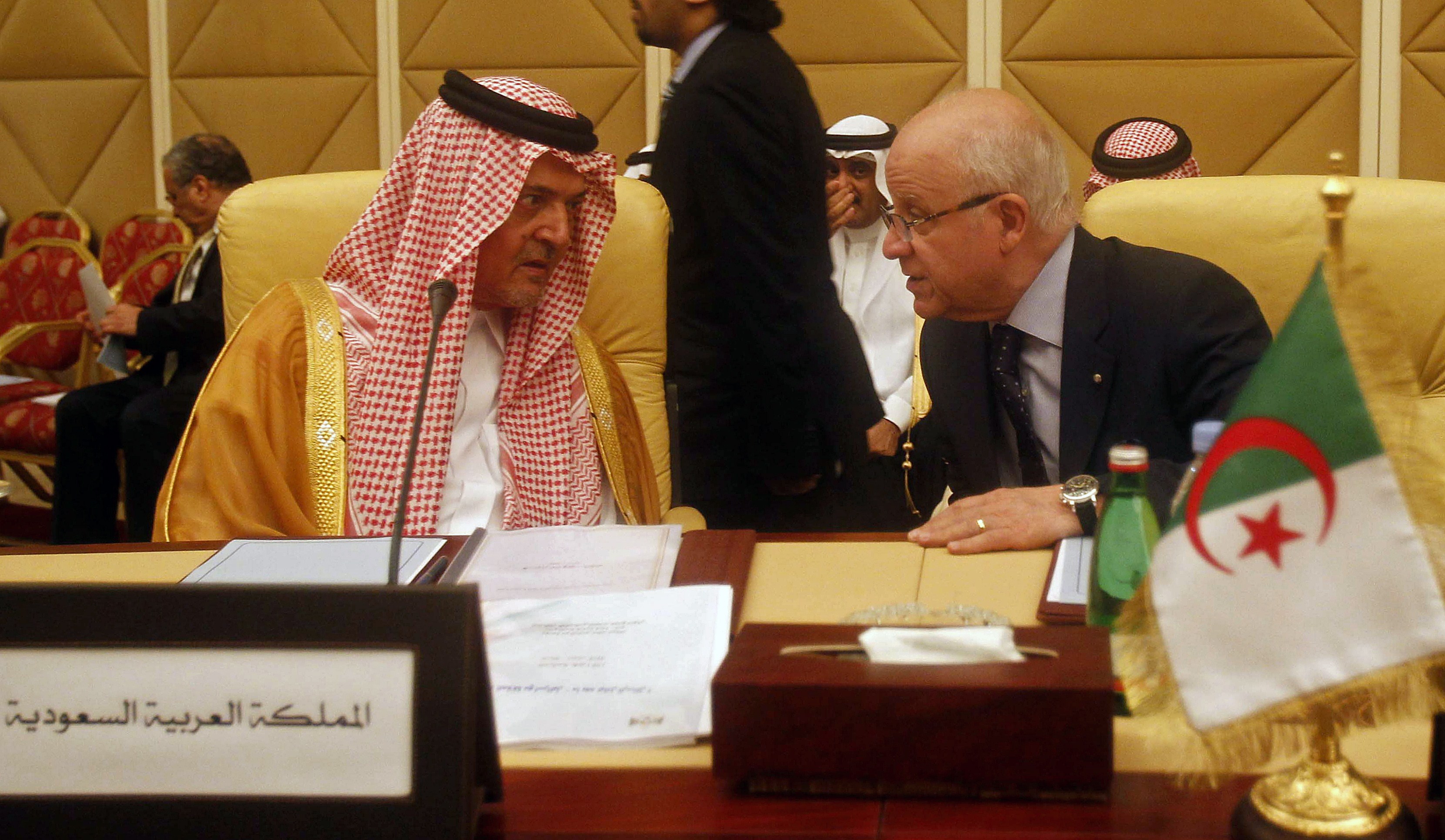When Wouter, an advertisement director, searches for an idea that best represents Dutch society and the foreigners in it for his first art-house film, he immediately dismisses multicultural dialogue. It’s overused, he explains. But Wouter is only a fictional character in Albert ter Heerdt’s film “Kicks, which bases its commercial and artistic success on multicultural dialogue.
It might seem ironic that Heerdt presents Wouter on the sidelines of the film, which follows the interaction within the immigrant Moroccan society in Amsterdam as well as with the homogenous Dutch citizens.
Wouter, along with his circle of Dutch friends, gradually discover that they haven’t met any Moroccans before and how little they know about their culture. His girlfriend, amazed with the “exotic world of immigrants, confuses Turks with Moroccans in her first attempt to reach out to the “other.
Heerdt admits that he wasn’t much different from his fictional characters. His interaction with Moroccans – prior to his venture in multiethnic films – was limited to the cashier at a nearby supermarket.
His previous film “Shouf Shouf Habibi was initiated by and the result of close cooperation with Moroccan-Dutch star Mimoun Oaissa. The blockbuster comedy was later turned into a sitcom of the same name, which is now in its third season.
“Kicks, a departure from the previous teenage comedy and a contender in the film festival’s main competition, is set after the murder of real life director Theo Van Gogh on the hands of a Muslim Moroccan. In the film, a policeman shoots a Moroccan teenage rapper, evoking the issue of racism in this European community.
“The policeman is the typical Dutchman, Heerdt says, explaining how the 40-something law enforcer has seen the country change from a time where color didn’t matter to this turbulent society where everything could be easily labeled under racism.
The film tries to dig deeper behind the racism debate. Heerdt explains that if people can’t explore the racism within – which he believes to be a human weakness that cannot be denied – they will not be able to overcome it.
As police investigations attempt to get to the root of the incident, Heerdt also highlights the identity problem facing Moroccans, who are sometimes torn between Eastern and Western traditions, trying to patch the two together.
One teenager is perplexed by the injustice of Middle East politics. At one point, he contemplates going to Iraq. “If a Dutch Jew goes to Israel, he is considered a hero, but if a Muslim goes to Iraq, he is a terrorist, he said.
Said (Oaissa), a kickboxing champ and the brother of the murdered teenager, also confronts this dilemma. His faith in the country’s justice system is questioned in the face of increasing demands by his community to violently protest racism. Afterwards, he begins to question his own life starting with his relationship with his Dutch girlfriend to his rational belief in the fairness of the societal structure in the Netherlands.
“This is the moderate guy who tries to bring both cultures together, Heerdt said in reference to Said.
Yet, although Said is the main character, Heerdt says that the youngsters are the top concern. “They have everything to lose, he said. They come from “very, very low social and economic levels and this is why radicals emerge among them, he added.
